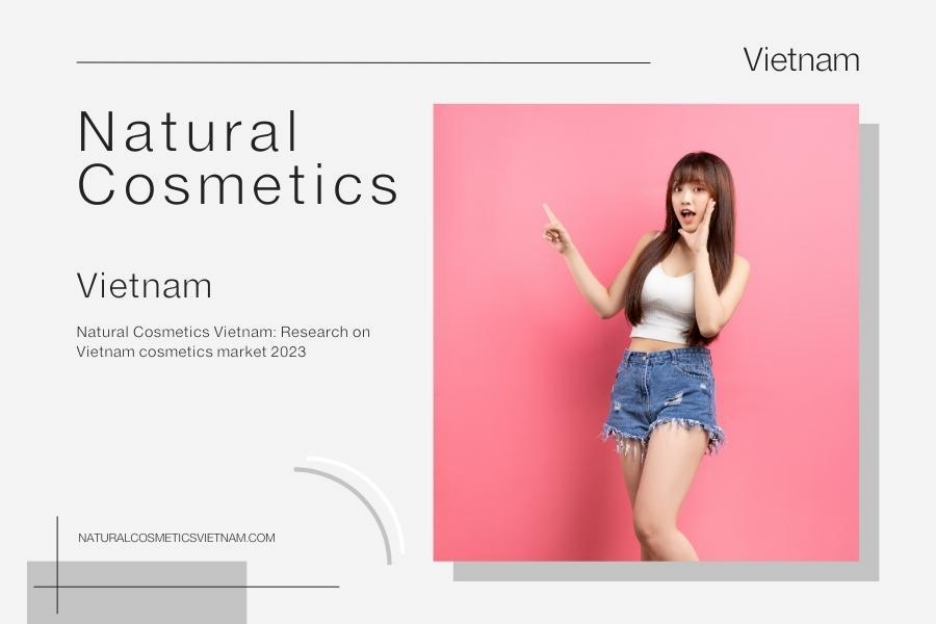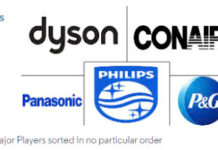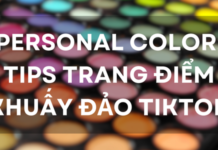According to the ASEAN definition of cosmetics, “cosmetic” refers to any substance or product intended to come into contact with the outside of the human body (epidermal, hair system, fingernails, toenails, lips, and external genitalia) or to come into contact with teeth, oral mucosa, the sole or main purpose of which is Is to clean, season, change their appearance and/or improve their body odor and/or protect them or keep them in good condition.
ASEAN
ASEAN, the full name of the Association of Southeast Asian Nations, is a regional intergovernmental organization with ten member states in Southeast Asia. The organization was established on 8 August 1967 when founding members Indonesia, Malaysia, the Philippines, Singapore and Thailand signed the ASEAN Declaration in Bangkok, Thailand. Brunei later joined Darussalam, Vietnam, Laos, Myanmar and Cambodia as member states.
The main objectives of ASEAN are to promote economic growth, social progress and cultural development in the region while ensuring peace, stability and security. ASEAN seeks to achieve these goals through cooperation and collaboration among its member states in various fields including trade, investment, finance, human resources development, agriculture, tourism and transportation.
The organization operates based on three main pillars: the ASEAN Political-Security Community, the ASEAN Economic Community, and the ASEAN Socio-Cultural Community.
- The ASEAN Political-Security Community focuses on promoting peace, stability, and security in the region through diplomatic and security cooperation, conflict prevention, and resolution. The ASEAN Regional Forum (ARF) is the primary mechanism for promoting security cooperation among member states.
- The ASEAN Economic Community aims to promote economic integration and cooperation among member states through the free flow of goods, services, investment, and skilled labor. The ASEAN Free Trade Area (AFTA) and ASEAN-China Free Trade Area (ACFTA) are examples of initiatives aimed at reducing trade barriers among member states.
- The ASEAN Socio-Cultural Community aims to promote social progress and cultural development in the region by enhancing education, human development, health, and environmental sustainability.
ASEAN also plays a significant role in promoting cooperation and collaboration among its member states and other countries and international organizations in the region. ASEAN has established partnerships with China, Japan, South Korea, India, and the United States, among others.
In summary, ASEAN is an organization that promotes economic, social, and cultural cooperation and integration among its member states while ensuring peace, stability, and security in the region.
“In modern life, cosmetics have become an indispensable product. Every day people brush their teeth with toothpaste, wash their face with facial cleanser, protect their skin with sunscreen, wash and straighten their hair with shampoo and conditioner, use body wash… everyone seems to need cosmetics. The only difference is which brand they choose.” – Dr. Nguyen Van Minh – Vice President – Vietnam Cosmetic – Essential Oil – Aroma Association.
The Vietnam Cosmetic – Essential Oil – Aroma Association (VCEA)
The Vietnam Cosmetic – Essential Oil – Aroma Association (VCEA) is a professional organization established to promote the development and growth of the cosmetics, essential oil, and aroma industry in Vietnam. The VCEA was established in 2006 and operates under the guidance of the Vietnam Chamber of Commerce and Industry.
The VCEA’s main objective is to promote and protect the interests of its members, who are manufacturers, importers, and distributors of cosmetic products, essential oils, and aroma products in Vietnam. The association provides a platform for its members to network, exchange ideas, and collaborate on industry-related issues.
The VCEA is also responsible for setting standards and guidelines for the industry to ensure that products are safe, effective, and comply with relevant regulations. The association works closely with the Vietnamese government, regulatory agencies, and other industry organizations to promote the growth and development of the industry while ensuring consumer safety.
In addition to promoting the industry, the VCEA is also involved in promoting the use of natural and organic ingredients in cosmetic and aroma products. The association encourages its members to use sustainable and environmentally friendly practices in the manufacturing and distribution of their products.
The VCEA also provides training and educational programs for its members to enhance their knowledge and skills in the industry. The association conducts seminars, workshops, and training programs on various topics related to cosmetic, essential oil, and aroma products, including product development, regulatory compliance, and marketing.
In summary, the Vietnam Cosmetic – Essential Oil – Aroma Association is a professional organization established to promote and protect the interests of the cosmetics, essential oil, and aroma industry in Vietnam. The VCEA sets standards and guidelines for the industry, promotes sustainable and environmentally friendly practices, provides training and education for its members, and works closely with government agencies and other industry organizations to promote the growth and development of the industry.

Natural Cosmetics Vietnam: Research on Vietnam cosmetics market 2023
The Vietnamese cosmetics market seems to be booming. Hundreds of thousands of cosmetic brands are most diverse in the form of representative offices, branches, distributors, start-ups, and factory buildings. Almost all world famous brands are present in Vietnam. Among them, there are Estee Lauder, Lancome, Shiseido, Fendi, Lower, Clareline, L’Oreal and other high-end cosmetic brands. Some domestic brands have also established a certain position in the market, such as Sai Gon, Thorakao, Lana, Biona, Xmen, Thai Duong, etc.
Estee Lauder
Estee Lauder is a multinational beauty and skincare company that was founded in 1946 by Estee Lauder and her husband Joseph Lauder. The company is headquartered in New York City and operates in more than 150 countries worldwide.
Estee Lauder offers a wide range of beauty and skincare products, including makeup, fragrances, skincare, and hair care. Some of the company’s most popular brands include Estee Lauder, Clinique, MAC, La Mer, Bobbi Brown, and Jo Malone.
The company’s products are sold through various channels, including department stores, specialty retailers, online platforms, and Estee Lauder’s own stores. Estee Lauder also operates spas and salons that offer personalized beauty services and treatments.
In addition to its products and services, Estee Lauder is known for its commitment to social responsibility and sustainability. The company has implemented several initiatives to reduce its environmental impact, including the use of renewable energy sources, reduction of waste, and sustainable packaging.
Estee Lauder also supports various charitable organizations through its philanthropic arm, the Estee Lauder Companies Charitable Foundation. The foundation supports causes related to health, education, and the environment, among others.
Estee Lauder has received numerous awards and recognitions for its products, services, and corporate social responsibility initiatives. The company is known for its innovation, high-quality products, and commitment to customer satisfaction.
Cosmetics made in Vietnam are competitive because it can benefit from it and attract the right market segment. Vietnamese cosmetics focus on urban and rural parity. For example, Thorakao’s products are strong in cleansing lines, face masks with natural herbal extracts; Lana brand is popular for makeup removers and skin care masks. Xmen is known for men’s products and more.

In future, Vietnam cosmetics market will require domestic enterprises to pay more attention to package, design, PR branding, promotion and product distribution.
The Vietnam cosmetics market is now turning over about 15,000 billion VND/year (700 million USD). According to Nielsen, Vietnamese consumers spend an average of US$4 per person per year on cosmetics, compared with US$20 for Thais. Vietnamese cosmetics companies, which account for only 10% of the market size, are trying to regain this attractive market. It provides the Vietnamese cosmetics market with the potential for more companies to seize and consolidate their strength. Vietnamese cosmetics companies (No. 14) can only maintain low prices and export to neighboring markets (90% of Vietnamese cosmetics companies distribute foreign cosmetics branches). Foreign cosmetics have outstanding performance in major shopping malls.



